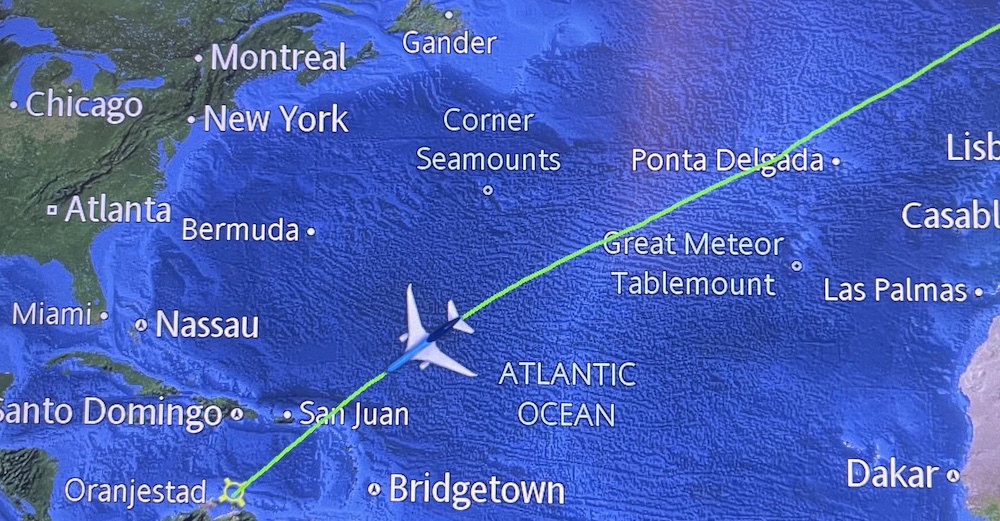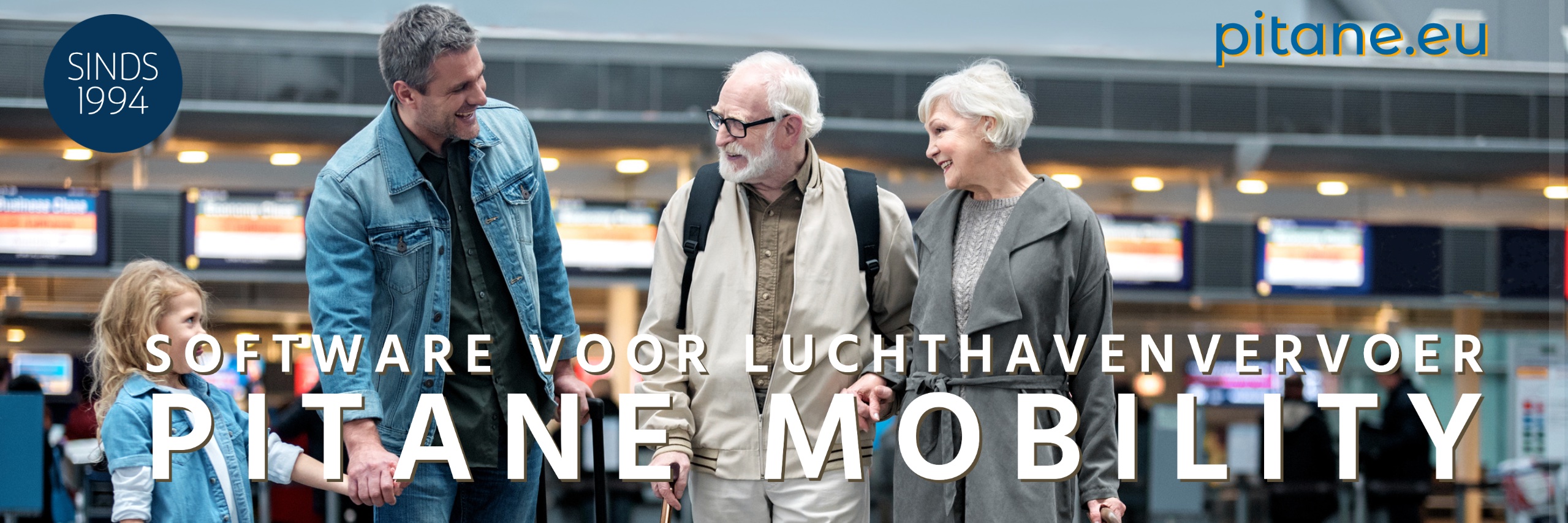Experts point to the forgotten benefits of travel and call for a more balanced debate about the future of aviation.
More and more attention is being paid to the dark sides of travel and the aviation sector. But have we forgotten the undeniable benefits these sectors can bring us? Arjen Kers, Managing Director of TUI Netherlands and chairman of the General Dutch Association of Travel Companies (ANVR), calls for nuance in this complex discussion. Through his social media, he emphasizes how travel has the power to bring families together. As someone whose career has largely taken place abroad, he is a living example of how air travel has given him the opportunity to be an involved father to his family. “Without planes I would have to miss them, and they me, for far too long,” says Kers.
grens
Arjen Kers not only points out the personal value of travel, but also takes into account the broader perspective of the vital ties between the Netherlands and the Caribbean islands. These bonds, he argues, would be seriously undermined if the possibility of physical contact through the air were to disappear. His concern mainly concerns the recent moves to limit the number of flights from Schiphol. He recognizes the need for quieter and cleaner aircraft technologies, but warns that restricting flights could do more harm than good.
Arjen Kers' concern about the fact that the discussion about aviation and sustainability seems to be largely a Dutch affair and stops at the border adds an extra layer of complexity to the debate. Kers rightly states that if the Netherlands unilaterally decides to limit the number of flights from airports such as Schiphol, this will not necessarily lead to a decrease in the total number of air travel. On the contrary, it could actually lead to Dutch people moving to neighboring countries such as Belgium or Germany to fly from there. This phenomenon, often called 'airport leakage', would not reduce the environmental impact of aviation, but simply shift it.
podcast
Carlo van de Weijer, director of Smart Mobility at Eindhoven University of Technology, reinforces this view. During a recently recorded podcast with Aviation News at the Van der Valk Hotel Schiphol, Van de Weijer pointed out the future sustainability of aviation. He believes that aviation can eventually become the most sustainable and affordable form of transport, provided that governments and suppliers stimulate large-scale production of sustainable, circular fuels such as synthetic kerosene.
Bas Gerressen, director of KLM Netherlands, who also participated in the podcast, stated that he fully supports sustainable plans, provided they are financially feasible. “It is logical that a little more has to be paid for this at first, but in the long term scale will bring about a change again,” says Gerressen.
bigger stage
Kers, Van de Weijer and Gerressen unanimously agree: the positive story about aviation and tourism deserves a bigger stage. They point to the social, economic and cultural contributions that travel makes, ranging from family reunions to economic stimulation and poverty alleviation. Kers emphasizes that there must be motivated investments in cleaner, quieter and more economical solutions, and that companies that are at the forefront of these initiatives must be given priority.
The question remains whether the recent tendency to portray travel and aviation as environmentally harmful does not provide too one-sided a picture of a sector that also offers numerous benefits. While critical questions surrounding sustainability and ecological impact are undeniably relevant, there is also room for a more nuanced picture in which both the dark side and the sunny side are highlighted.

The relationship between the Netherlands and the Caribbean islands goes much further than just holiday flights to sun-drenched destinations. Families are often divided across the ocean, and the ability to be physically together is irreplaceable for many.
The discussion about reducing flights for environmental reasons therefore places these vital connections in a precarious position. The emphasis on sustainability is understandable, but as Kers suggests, cutting air connections can also have unintended and far-reaching consequences for these broad and deep relationships. Maintaining these ties is therefore not only a matter of economic or even emotional interests, but also of cultural and social cohesion.
In addition to family ties, there are also strong economic relationships between the Netherlands and the Caribbean islands. Tourism is an important source of income for islands such as Aruba, Curaçao and Sint Maarten, while Dutch companies and investors have significant interests in the region. Tourism also provides a mutual economic boost; Dutch airports and tourist services equally benefit from these routes.
Therefore, there is an urgent need for balanced solutions, such as investments in more sustainable aviation fuels and technologies, to ensure that the aviation sector can continue to function as a bridge between different worlds, without harming the planet.
Electric fly is not really an alternative to the problem at the moment, says van de Weijer. Synthetic kerosene is an alternative form of aviation fuel that is produced without the use of crude oil. Instead, this fuel is often made from a combination of water, CO2 and renewable energy sources such as solar or wind energy.
The process typically involves splitting water into hydrogen and oxygen through electrolysis. The resulting hydrogen is then combined with CO2 captured from the atmosphere or from industrial processes to produce hydrocarbons. These hydrocarbons can then be refined into synthetic kerosene.
positive story
It is a technologically challenging and financially intensive process, but with the right investments and regulations, synthetic kerosene could significantly green the aviation sector, without losing sight of the positive aspects of travel and air traffic. While the three experts call for a more balanced approach to the aviation sector, they acknowledge that there is work to be done. The need to invest in sustainable technologies is evident, but the sector must also communicate more transparently about progress in this area. According to them, it is crucial that the positive story about travel and aviation also receives the attention it deserves.
The aviation sector is therefore faced with the challenge of both meeting environmental obligations and maintaining or even increasing the positive contributions it makes. In this complex playing field, airlines and other stakeholders are trying to find a balance by investing in more sustainable technologies such as synthetic kerosene, without undermining the unique benefits of aviation. The title “flying between two fires” summarizes this precarious situation, where the sector must adapt and innovate to meet both sets of expectations.



